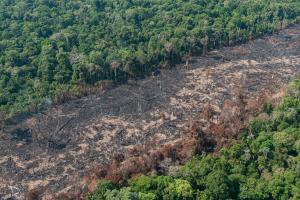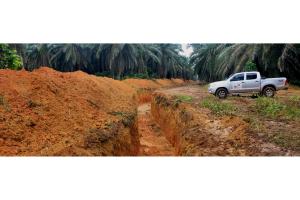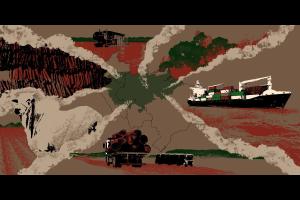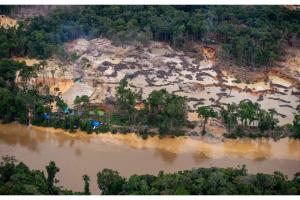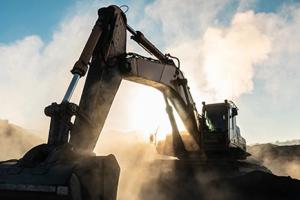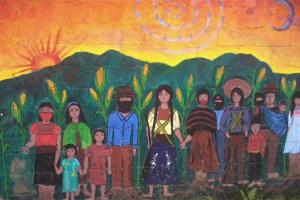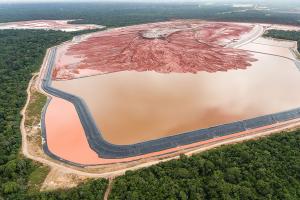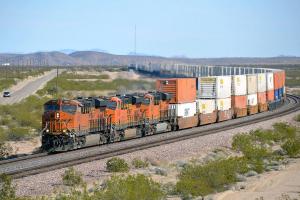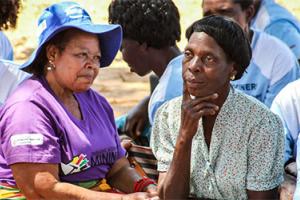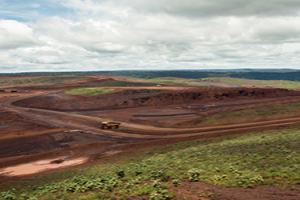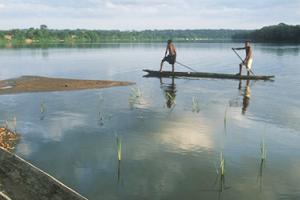Large-Scale Mining
Fueled by ever-increasing demand and the boom-and-bust cycles of global commodity markets, large-scale mining destroys forests and pollutes soil, air and water. Violent conflicts, sexual exploitation, criminalization and displacement of communities living in forests destroyed for mining, are examples of social impacts that are inherently linked with the mining industry.
The mining sector seeks to gain legitimacy and expand its frontiers of accumulation and territorial control. It does so using a discourse of sustainability and by investing in so-called “nature-based solutions.
WRM spoke with close allies from Brazil, Gabon, India, Mexico and Mozambique, to hear from them and learn about their understandings of development.
The growth of mineral extraction and metallurgical production, along with the consequent proliferation of toxic waste tailings dams, has occurred at the same rate as the emptying and bursting of tailings dams in several parts of the world.
The mega-infrastructure corridors prioritized in ambitious investment programmes spanning the african continent are squarely focused on facilitating the export of minerals and agricultural commodity crops and the import of processed foods and manufactured goods.
The extractivist paradigm in Southern Africa threatens the lives and livelihoods of peasant communities, in particular women and girls: From the Tete Province in Mozambique, where women confront water scarcity and pollution to Zimbabwe’s Marange community, where militarised and often sexualised violence haunts women’s daily lives.
